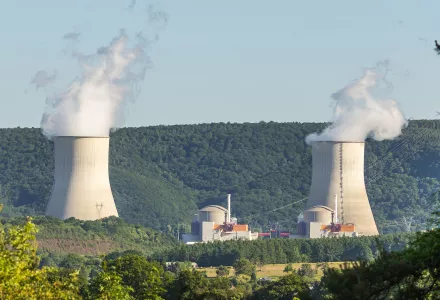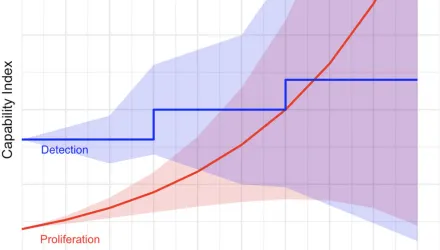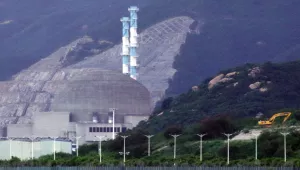
A review of the theory and evidence from contemporary American and French nuclear reactor design projects
Although nuclear reactor design is recognized as an essential skill and intellectual output of academic nuclear engineering, little attention has been paid within the discipline to the structure of the reactor design process and factors influencing design outcomes. This paper, which marks the first systematic attempt to explore the structure of the reactor design process and choices, applies methodological and theoretical tools developed within the mechanical engineering design studies field to the study of nuclear reactor design.
Academic nuclear engineering texts frequently describe reactor design as a linear-analytic process of problem decomposition and solution. This paper challenges this long-held view of reactor design to show that it is not the strictly linear-analytic exercise described in nuclear engineering textbooks. This argument is made by comparing and contrasting three views of design: those reported in the literature on design studies, those reported in academic nuclear engineering textbooks and finally, those reported by practitioner reactor designers. The empirical section of this paper that describes the approaches taken by practitioner reactor designers draws on in-depth, semi-structured interviews with designers from 27 American and 5 French contemporary reactor design projects to retrospectively construct the structure of the respective design processes. This empirical evidence reveals that the identity and expertise of the designer as well as the site of the design work bear on the structure of the design process and its outcomes. This work finds that experienced designers based in large companies are more likely to embark on design projects that improve upon previous, internally developed designs. Less experienced designers, typically based in startups are likely to inherently value novelty, with startup designs originating in university settings most likely to develop wholly novel reactor concepts. Specifically, this paper shows that designers who are able to achieve this novelty do so by reframing the purpose of the new reactor design and adopting a position of critique relative to previous designs.
This paper thus problematizes the notion of ‘expertise’ in the area of reactor design. To the extent that novelty is a valued outcome of the reactor design process, this paper shows that it is the less experienced designers who are more likely to achieve it.
Overall, these findings highlight the importance of social determinants of design outcomes, such as the site of the design activity and the expertise of the reactor designer, particularly in the early, critical stages of design, and point to the need for a richer understanding within nuclear engineering of the design process that goes beyond the long-held analytical view. A deeper understanding of these determinants of design outcomes is likely to yield valuable insights for practice, pedagogical purposes, as well as for the implementation of policies concerning research and development in the nuclear energy sector.
Verma, Aditi. “What Can Nuclear Engineers Learn From Design Research?.” Nuclear Engineering and Design, August 2021
The full text of this publication is available via Nuclear Engineering and Design.





